Science Shop
Advertisement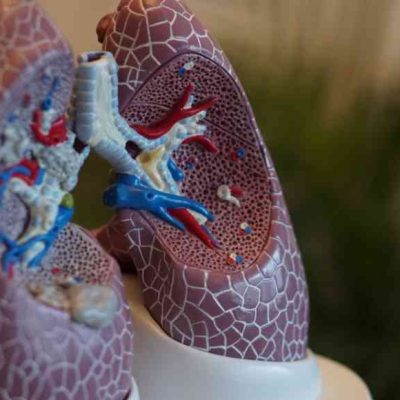
Non-smokers can get lung cancer
- By Geert Devenster
- . July 8, 2021
A groundbreaking study by the US National Cancer Institute has found that lung cancer in non-smokers is primarily caused by internal processes rather than external

Climate Change Could Reduce Global GDP by 37%
- By Geert Devenster
- . July 8, 2021
The effects of climate change are set to have a significant impact on the world’s Gross Domestic Product (GDP) by 2100, according to a new
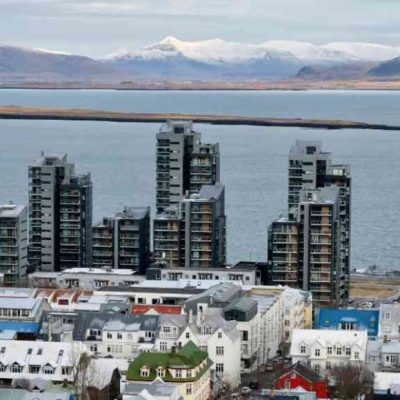
4-day workweek boosts productivity in Iceland
- By Geert Devenster
- . July 6, 2021
In Iceland, a recent experiment aimed to determine whether working fewer hours while maintaining the same salary could lead to increased efficiency and productivity. Iceland

Dream Advertising: US Company Succeeds
- By Geert Devenster
- . July 6, 2021
In a groundbreaking experiment, the US-based Molson Coors Beverage Company has successfully manipulated the dreams of test subjects to dream about their beer. The experiment

Major German Cities Test 30km/h
- By Geert Devenster
- . July 6, 2021
Seven major German cities have decided to implement a new speed limit of 30 km/h in an effort to reduce accidents and lower traffic noise
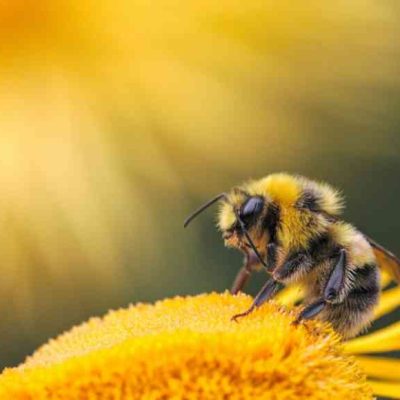
Modified Mushroom Saves Bees
- By Geert Devenster
- . July 5, 2021
The Varroa mite has long been one of the biggest enemies of honeybees, causing diseases and ultimately leading to the death of entire colonies. While
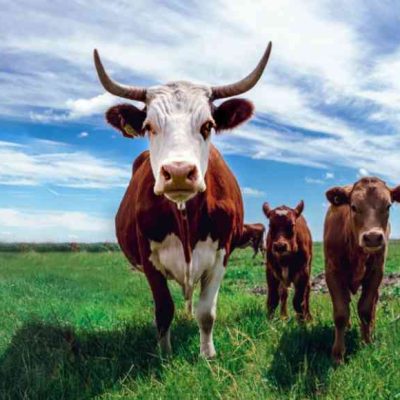
Cow stomach bacteria break down plastic
- By Rolf Lewis
- . July 5, 2021
Plastic is a widely used material due to its affordability, durability, and strength. However, out of the 400 million tons of plastics produced each year,
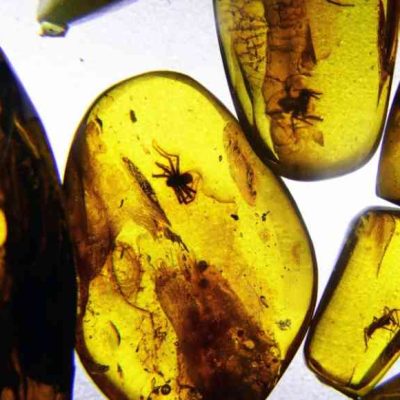
Bernstein kills resistant bacteria.
- By Geert Devenster
- . July 3, 2021
Baltic amber, a traditional folk medicine, has been found to contain ingredients that can kill Staphylococcus aureus (MRSA) and other resistant gram-positive bacteria. Despite its
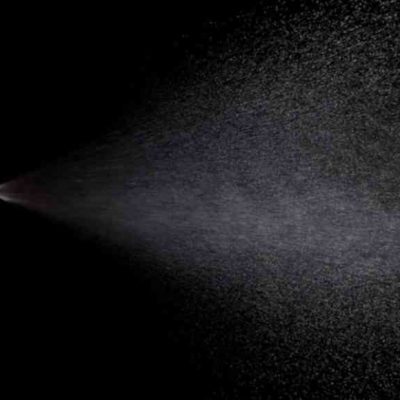
Prevent Infections with Anti-Covid Nasal Spray
- By Geert Devenster
- . July 3, 2021
A new nasal spray called Enovid, developed by Canadian pharmaceutical company SaNOtize, claims to prevent Covid-19 infection. According to a press release from the company,
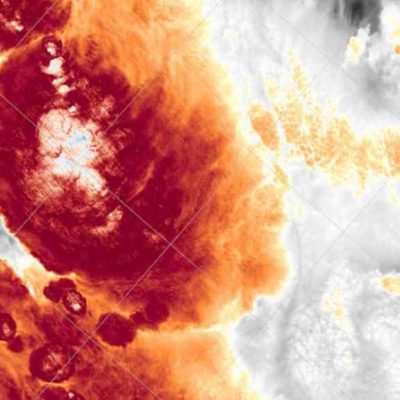
New Cold Record in Thunderstorm
- By Geert Devenster
- . July 3, 2021
A new record for cold temperatures has been set due to an unusually cold tropopause in a thunderstorm. Scientists from the National Centre for Earth









